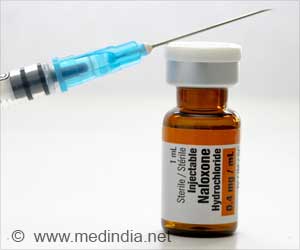A study in the October issue of Gastrointestinal Endoscopy shows that a lidocaine lollipop reduced the need for sedation in the majority of study participants undergoing upper endoscopy.
Researchers at the American University of Beirut Medical Center (AUBMC) in Lebanon have found that administering a lidocaine lollipop as a single-agent anesthetic to patients undergoing an upper gastrointestinal (GI) endoscopy procedure eliminated the need for sedation in the majority of patients. The research appears in the October issue of Gastrointestinal Endoscopy, the monthly peer-reviewed scientific journal of the American Society for gastrointestinal Endoscopy.Upper endoscopy allows physicians to examine the lining of the upper part of the GI tract, which includes the esophagus, stomach and duodenum (first portion of the small intestine). It is often done under sedation to assure patient comfort. Upper endoscopy helps physicians evaluate symptoms of persistent upper abdominal pain, nausea, vomiting, or difficulty swallowing. It is the best test for finding the cause of bleeding from the upper GI tract and is also more accurate than X-rays for detecting inflammation, ulcers, and tumors of the esophagus, stomach, and duodenum.
“A significant portion of the complications, as well as the cost, of upper gastrointestinal endoscopy are often attributed to conscious intravenous sedation. In this study, we compared the efficacy of topical lidocaine administered in the form of a lollipop as a single-agent anesthetic with the conventional lidocaine spray, and determined whether it decreased the need for or the amount of intravenous sedation,” said study lead author Assaad Soweid, MD, FASGE, American University of Beirut Medical Center. “We found that 32 percent of the patients given the lidocaine lollipop required intravenous sedation compared with 96 percent of the patients who received the spray. The lollipop proved to be a safe and well-tolerated topical anesthetic. It is quite promising and may be particularly important for use with the elderly, patients who have comorbidities and in office-based endoscopy.”
Source-Eurekalert
SPH/V






